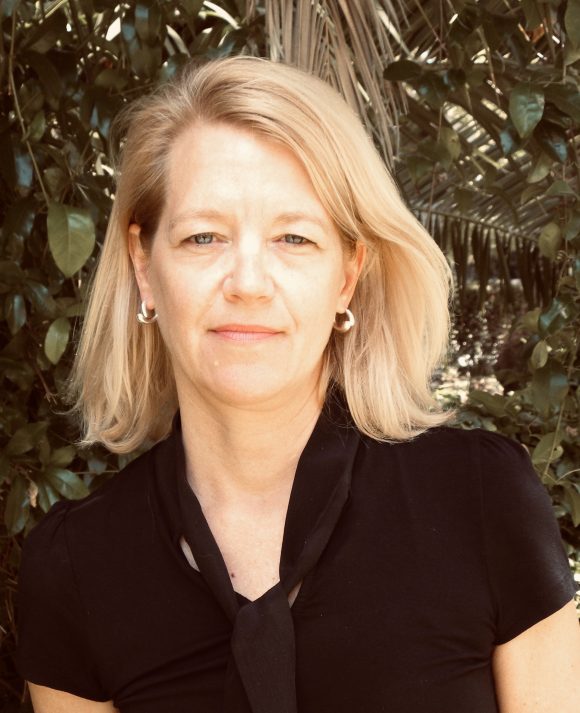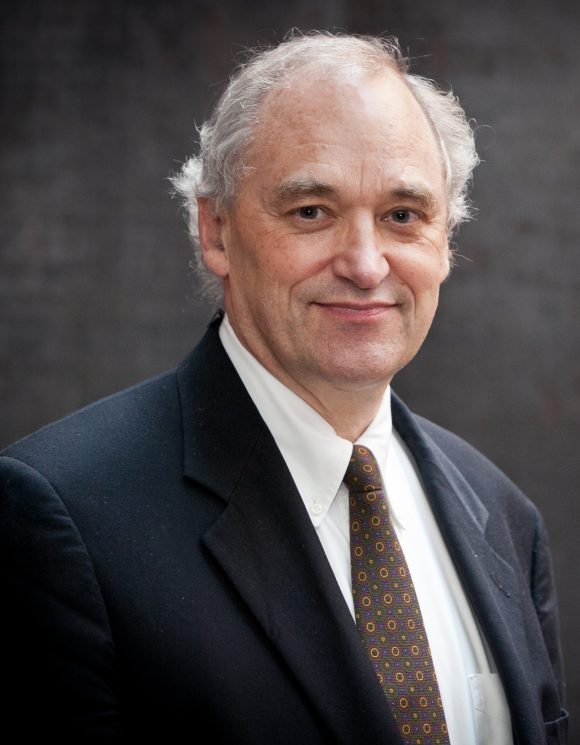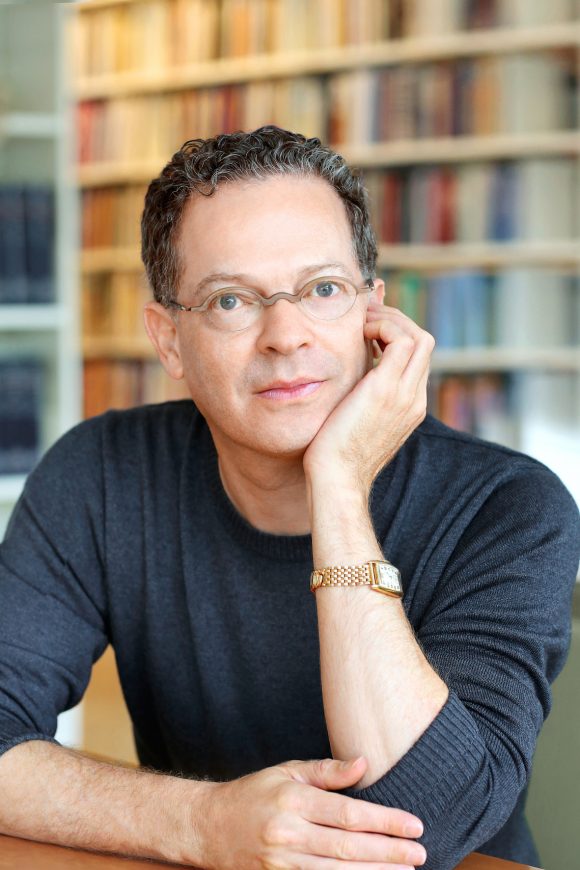
The Rodgers Center for Holocaust Education Presents New Perspectives on the Holocaust Series of Lectures and Events for 2021-22
August 19, 2021
After a year of virtual events absent the excitement that comes from sharing in-person programs, the Rodgers Center for Holocaust Education resumes on-campus events this fall. As we have seen so often over the last year, bringing awareness and knowledge of the Holocaust to our students and to the broader community is more crucial than ever. False analogies between current events and the events of the Holocaust abound and are a constant reminder of the fragility of memory and the dangers posed by antisemitism and other forms of bigotry. Unfortunately, each year there are fewer and fewer survivors and witnesses to the Holocaust who can speak with the voice of authority and the passion of experience. Increasingly, the responsibility for educating people about these events and encouraging them to stand up and speak out against racism and prejudice in any forms falls to us.
With that awareness very much in mind, we are honored to share with the Chapman and larger community the research of several distinguished scholars and authors whose work is expanding and reshaping our knowledge of the Holocaust.
 Our series begins in September with Dr. Wendy Lower, the John K. Roth Professor of History and director of the Mgrublian Center for Human Rights at Claremont McKenna College. Dr. Lower last spoke at Chapman in 2014 on the topic of her monograph, Hitler’s Furies: German Women as Perpetrators and Accomplices to Genocide. This fall she will be sharing the forensic and detective work behind her latest book, The Ravine: A Family, A Photograph, A Holocaust Massacre Revealed.
Our series begins in September with Dr. Wendy Lower, the John K. Roth Professor of History and director of the Mgrublian Center for Human Rights at Claremont McKenna College. Dr. Lower last spoke at Chapman in 2014 on the topic of her monograph, Hitler’s Furies: German Women as Perpetrators and Accomplices to Genocide. This fall she will be sharing the forensic and detective work behind her latest book, The Ravine: A Family, A Photograph, A Holocaust Massacre Revealed.
 In October, we will welcome to campus prolific author and former international correspondent for The Washington Post, Michael Dobbs. Drawing on previously unpublished letters, diaries, interviews, and visa records, Mr. Dobbs will present the powerful and poignant story of Jews living in the Black Forest village of Kippenheim who sought to escape Nazi persecution and find refuge in the U.S. He describes their efforts in intimate detail in his book, The Unwanted: America, Auschwitz, and a Village Caught in Between, published in 2019.
In October, we will welcome to campus prolific author and former international correspondent for The Washington Post, Michael Dobbs. Drawing on previously unpublished letters, diaries, interviews, and visa records, Mr. Dobbs will present the powerful and poignant story of Jews living in the Black Forest village of Kippenheim who sought to escape Nazi persecution and find refuge in the U.S. He describes their efforts in intimate detail in his book, The Unwanted: America, Auschwitz, and a Village Caught in Between, published in 2019.
 Later in October, we will present a lecture by historian, archivist and curator at the United States Holocaust Memorial Museum, Dr. Rebecca Erbelding. She will discuss some of the research included in the “Americans and the Holocaust” exhibit at the USHMM that explored the “motives, pressures, and fears that shaped Americans’ responses to Nazism, war, and genocide.” Dr. Erbelding is the author of the 2018 award-winning book, Rescue Board: The Untold Story of America’s Efforts to Save the Jews of Europe.
Later in October, we will present a lecture by historian, archivist and curator at the United States Holocaust Memorial Museum, Dr. Rebecca Erbelding. She will discuss some of the research included in the “Americans and the Holocaust” exhibit at the USHMM that explored the “motives, pressures, and fears that shaped Americans’ responses to Nazism, war, and genocide.” Dr. Erbelding is the author of the 2018 award-winning book, Rescue Board: The Untold Story of America’s Efforts to Save the Jews of Europe.
And as our last speaker of the fall, in November, we welcome the return to Chapman of Dr. Glenn Kurtz for his second year as a Presidential Fellow. Dr. Kurtz will speak at the Kristallnacht Interfaith Service on November 9 about the challenges faced by people in one Polish town, Nasielsk, as they endeavor to pass historical memory to the next generation. Nasielsk is the birthplace of Dr. Kurtz’s grandfather and the setting for his book, Three Minutes in Poland.
As I reflect on our speakers and their topics, I am struck by the fact that in each instance their research was initiated by their interaction with a particular historical artifact. In the Sala and Aron Samueli Holocaust Memorial Library and the Oskar Schindler Archive, we are privileged to be the guardians of artifacts and documents that illuminate pre-Holocaust Jewish life in Europe, the history of the Holocaust, and post-Holocaust life in the United States. Throughout the fall, we will present a new online blog series that highlights some of these artifacts within our own collection, each of which provides a unique perspective on history.
For more information about the lecture series or to receive updates about our archive series, please sign up for the Rodgers Center mailing list.
